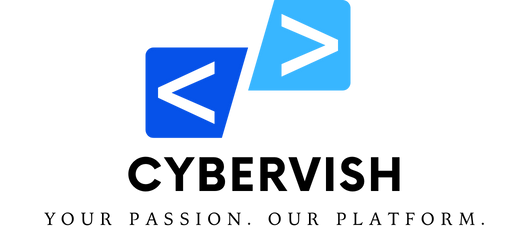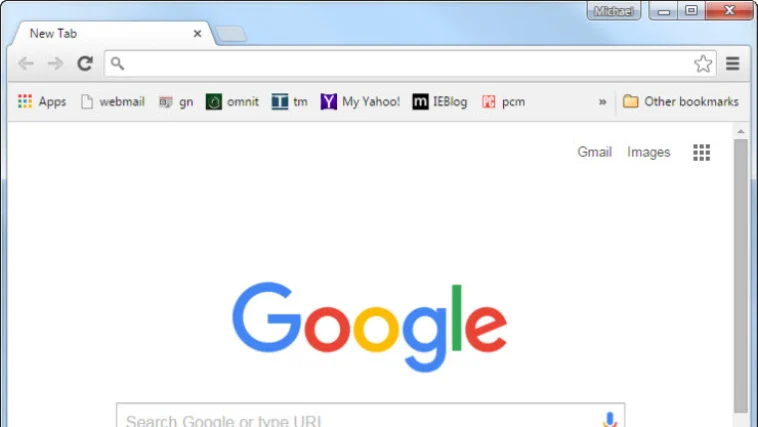Die 2022-opgedateerde weergawe van Chrome-blaaier om nou nuwe aktief benutte nul-dagfout reg te maak
Google on Thursday released software updates to address yet another zero-day flaw in its Chrome web browser.
Tracked as CVE-2022-4135, the high-severity vulnerability has been described as a heap buffer overflow in the GPU component. Clement Lecigne of Google’s Threat Analysis Group (TAG) has been credited with reporting the flaw on November 22, 2022.

Heap-based buffer overflow bugs can be weaponized by threat actors to crash a program or execute arbitrary code, leading to unintended behavior.
“Google is aware that an exploit for CVE-2022-4135 exists in the wild,” the tech giant acknowledged in an advisory.
But like other actively exploited issues, technical specifics have been withheld until a majority of the users are updated with a fix and to prevent further abuse.
With the latest update, Google has resolved eight zero-day vulnerabilities in Chrome since the start of the year –
CVE-2022-0609 – Use-after-free in Animation
CVE-2022-1096 – Type confusion in V8
CVE-2022-1364 – Type confusion in V8
CVE-2022-2294 – Heap buffer overflow in WebRTC
CVE-2022-2856 – Insufficient validation of untrusted input in Intents
CVE-2022-3075 – Insufficient data validation in Mojo
CVE-2022-3723 – Type confusion in V8
Users are recommended to upgrade to version 107.0.5304.121 for macOS and Linux and 107.0.5304.121/.122 for Windows to mitigate potential threats.
Users of Chromium-based browsers such as Microsoft Edge, Brave, Opera, and Vivaldi are also advised to apply the fixes as and when they become available.








